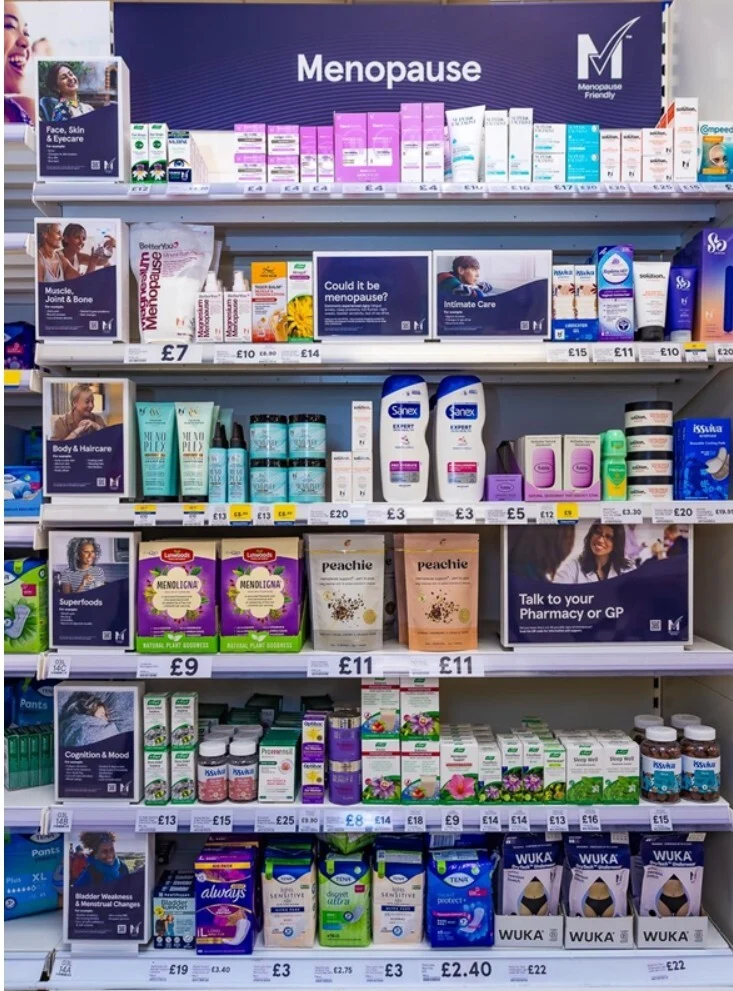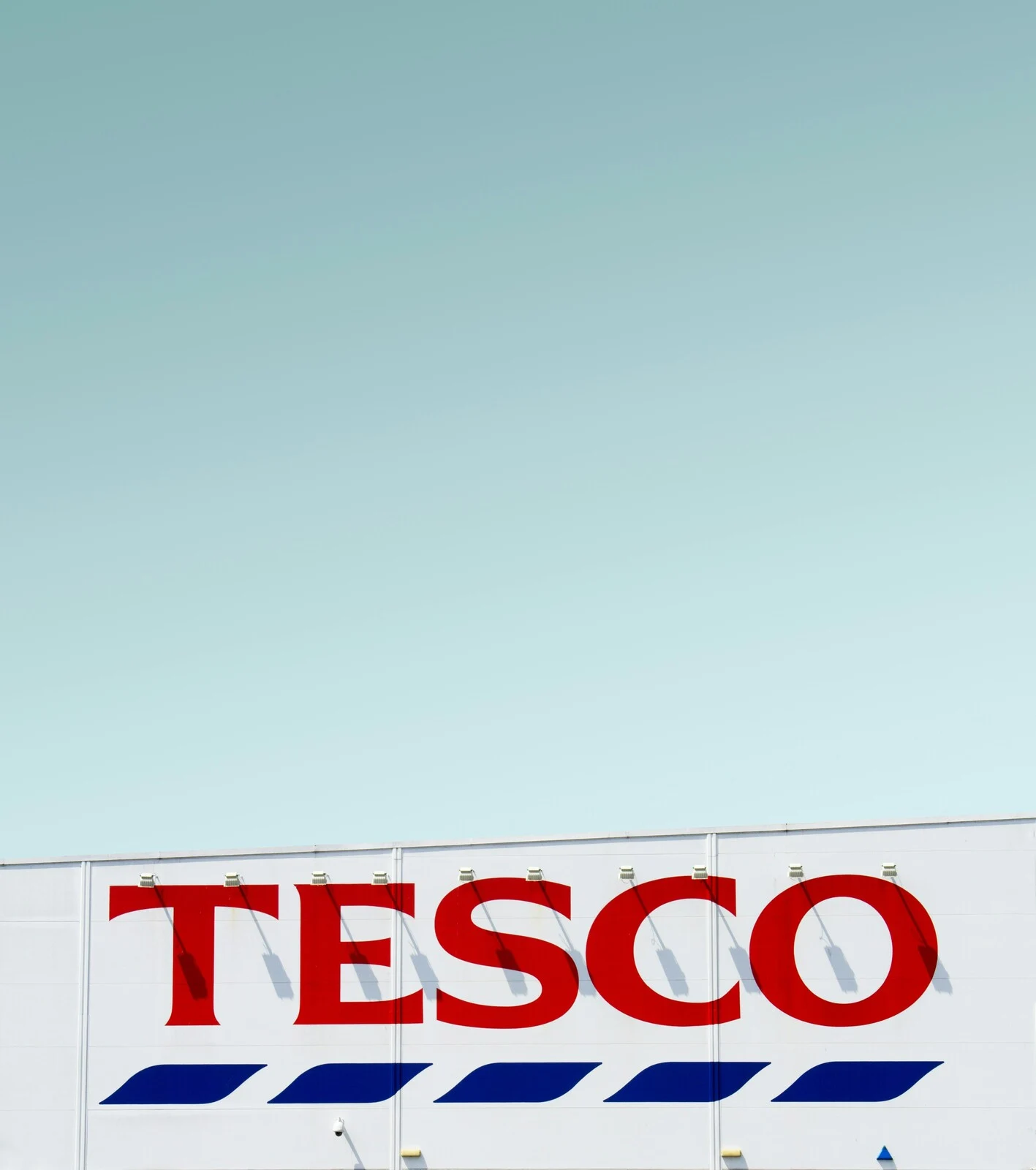Key Takeaways
1. Tesco has introduced menopause-friendly product sections in 93 UK stores, collaborating with GenM for awareness and education.
2. The sections feature MTick-certified products targeting menopause symptoms, including brands like Always and TENA, with QR codes linking to educational resources.
3. The initiative aims to provide comfort and knowledge to women experiencing menopause, addressing feelings of neglect reported by many.
4. The global femtech industry is expected to grow significantly, indicating a rising focus on women’s health issues, including menopause.
5. Tesco’s partnership with GenM may encourage other retailers to recognize menopause as a primary health issue and integrate technology into support solutions.
Tesco has rolled out menopause-friendly product sections in 93 of its stores across the UK. This move might signal a significant change in how large retailers assist women during important life phases. The project, created in collaboration with GenM, an organization focused on menopause awareness, introduces links to educational resources and product information in stores on a scale that hasn’t been seen before.
Product Features
Each section reportedly features MTick-certified items designed to alleviate symptoms like hot flashes, joint discomfort, and sleep issues. Brands included are said to be Always, Charles Worthington, Mitchum, Sanex, and TENA. Shoppers can scan QR codes that lead directly to GenM’s online support hub, which provides educational material about up to 48 recognized menopause symptoms.
Tom Lye, Tesco’s category director for health and wellness, shared with Retail Times that the company is “happy to keep working with GenM to assist our customers and staff experiencing menopause.” He expressed that these permanent sections are intended to “offer comfort and knowledge while guiding shoppers to products that could be safer during menopause or that may relieve related symptoms.”
Industry Impact
Heather Jackson, the co-founder and CEO of GenM, also spoke to Retail Times, calling the launch “a real milestone.” She highlighted that it represents progress “not only for GenM but also for the 15.5 million women in menopause who currently feel misunderstood or underserved as they should.”
Tesco validated the launch through a press release and stressed the importance of these sections in aiding customers to better understand menopause and manage its symptoms effectively.
The global femtech industry is predicted to reach about 60.89 billion dollars by 2025, with growth potentially reaching 130.80 billion dollars by 2034, according to Precedence Research. This expansion is expected to encompass advancements in health wearables, mobile symptom-tracking applications, and hybrid care models that combine digital resources with clinical support. Tesco’s strategy may be seen as connecting physical and digital experiences in a traditional retail space.
Future Considerations
This raises an important question: will other major retailers begin to acknowledge menopause as a primary health issue instead of treating it as a niche topic? And how far could technology modify this dialogue?
Tesco’s partnership with GenM is thought to be the first of its kind at a national level in the UK. GenM’s Invisibility Report indicates that 87 percent of menopausal women feel neglected by brands and retailers. The introduction of QR-linked education and symptom-specific products aims to close this gap.
Globally, support for menopause varies significantly. For instance, in Sweden, Lund University has reportedly tested a menopause-friendly workplace program that includes organized support like exercise classes and educational talks during work hours. In Japan, menopause, referred to as konenki, is generally viewed as a natural life stage rather than a medical issue. Meanwhile, in Zimbabwe, community-driven educational projects are reportedly reaching thousands of women with localized information.
As digital solutions become more integrated into health retail and the femtech sector grows, Tesco’s model could signify a larger transformation. Everyday tech and consumer settings may increasingly work together to address health needs in ways that are private, accessible, and informed by data.
Source:
Link




Leave a Reply